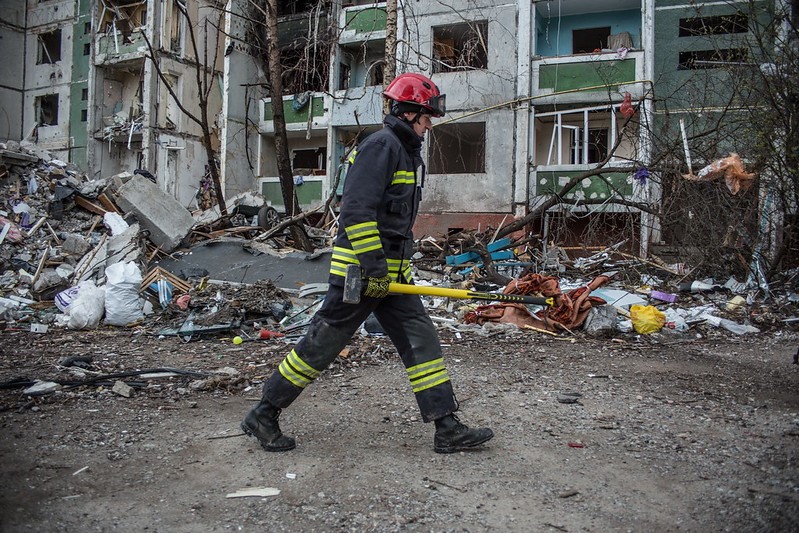 The risk of death from SARS-CoV-2 Omicron infection was four times higher than that from influenza in late 2022 and early 2023 in France, a Harvard Medical School researcher reports today in Epidemiology & Infection.
The risk of death from SARS-CoV-2 Omicron infection was four times higher than that from influenza in late 2022 and early 2023 in France, a Harvard Medical School researcher reports today in Epidemiology & Infection.
Biostatistician Edward Goldstein, PhD, estimated the contribution of flu and Omicron variant infections to all-cause death in France for the 2014-15 through the 2018-19 influenza seasons, as well as from week 33, 2022, through week 12, 2023.
"For many deaths associated with influenza and Omicron infections, those viruses are not detected, or listed as a contributing cause of death," he wrote.
Higher flu vaccine uptake needed
After the emergence of the Omicron variant in 2022, France saw a high proportion of intensive care unit admissions and deaths from causes other than COVID-19 compared with previous variants.
Flu was tied to a yearly average of 15,654 deaths during the 2014-15 through 2018-19 seasons and 7,851 deaths from week 33, 2022, to week 12, 2023. During the latter period, 32,607 people died of COVID-19, or their deaths were related to the disease.
Omicron infections weren't recorded as a contributing cause for many deaths attributed to cardiac disease, mental disorders, and other underlying causes. For instance, there were an estimated 23,983 SARS-CoV-2–associated deaths from week 33 to week 52 in 2022, compared with 12,811 deaths listing COVID-19 on the death certificate and 8,639 in-hospital COVID-19 deaths.
For many deaths associated with influenza and Omicron infections, those viruses are not detected, or listed as a contributing cause of death.
In France, rates of flu vaccination among nursing home staff are low, despite vaccination leading to a significant reduction in all-cause death among residents during flu seasons, Goldstein noted.
The results "suggest the need for boosting influenza vaccination coverage in different population groups in France, and for wider detection of influenza infections in respiratory illness episodes (including pneumonia) in combination with the use of antiviral medications," he wrote. "For future Omicron epidemics, wider detection of Omicron infections in persons with underlying health conditions is needed."
 In JAMA Network Open,
In JAMA Network Open, 









